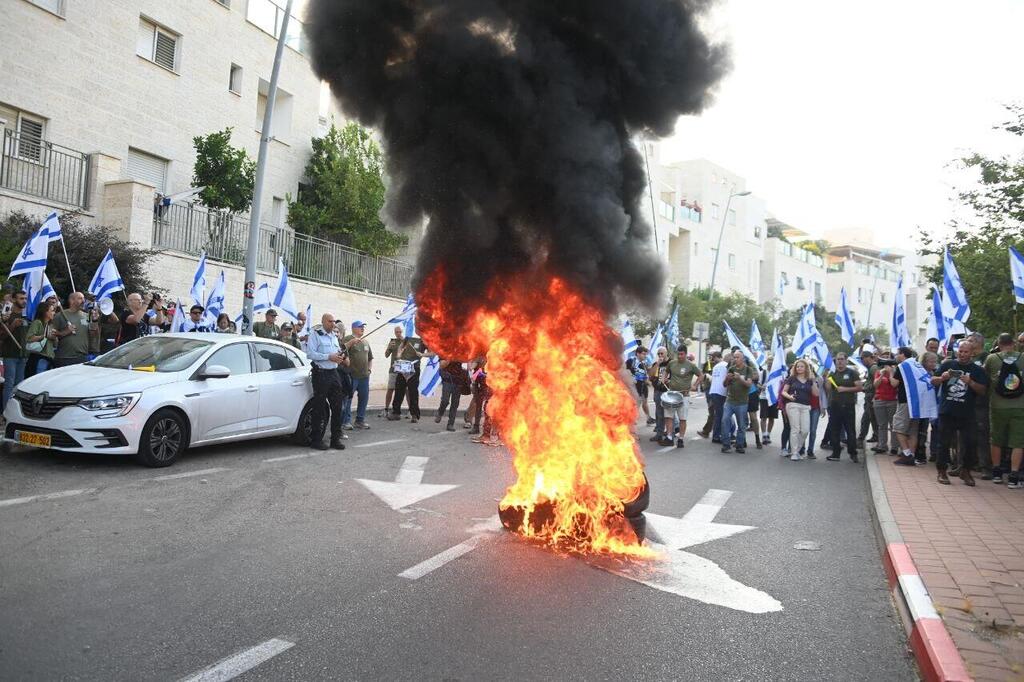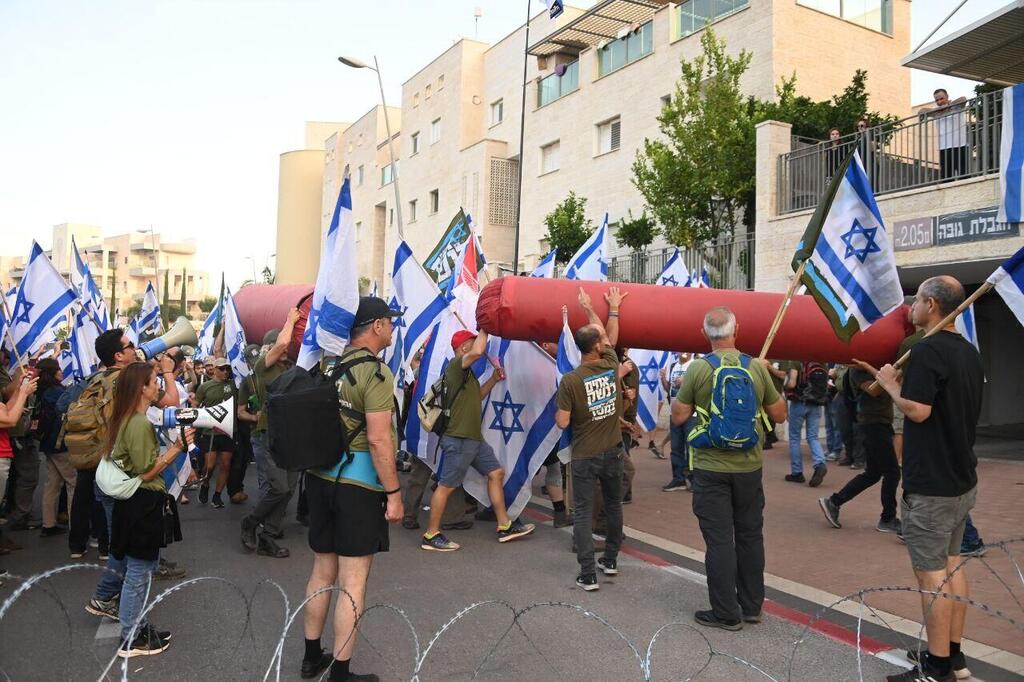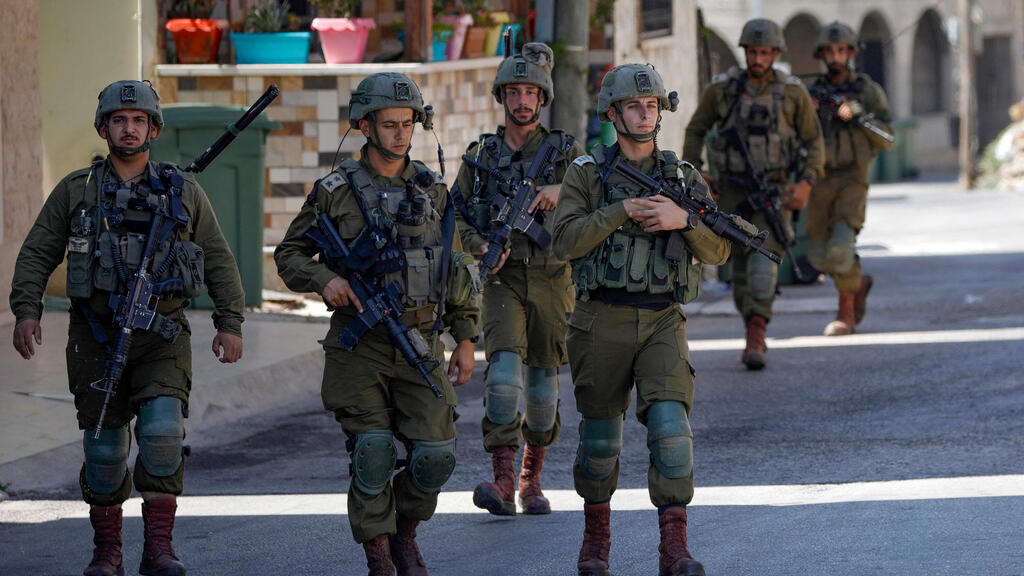Getting your Trinity Audio player ready...
A vocal minority of IDF reservists has captured headlines in recent months, to the point that we almost forgot who the real majority of IDF reservists are: combat unit soldiers in the ground forces, Navy and Air Force, those in Home Front Command and the Intelligence Corps.
More stories:
They're a small part of a reservist population consisting of salaried employees, self-employed individuals, students and young parents who leave it all behind to bear the burden in the quiet and unglamorous border of Egypt, Jordan, the West Bank or Lebanon, sometimes in training bases and sometimes in actual danger zones.
They don't seek recognition and do not believe their voice or opinion holds more weight, nor do they see their volunteering and service as a bargaining chip to be held and abused.
Standing against them is a small, vocal group of reservists who, against the backdrop of judicial overhaul, have decided that volunteering for reserve duty is fit to become political leverage.
They and their supporters continue to claim: "We aren't refusers, we're volunteers, and it's our right to stop volunteering." However, the military doesn't work that way.
Former IDF chief of staff Gabi Ashkenazi recently stated sharply, "It's legitimate to say, 'I no longer volunteer,' but you can't be counted in a combat unit's manpower, and condition your participation. You can't have both."
This isn't just ordinary refusal. One can tolerate refusal when it comes to specific cases like an order that goes against someone's principles, and in extreme cases, refusal may become required.
But what we're facing is the most severe form of political refusal: the exploitation of military power and dependence to compel the government to take action unrelated to military service. In doing so, they are threatening the military, Israeli society and democracy.
They threaten to divide the military by organizing an entity that utilizes ranks and positions to exert political influence, which leads to a schism in the forces.
How ironic that the phrase "brothers in arms" fell into the hands of an organization whose members are generally outstanding individuals, but whose senior officials have used their positions to intimidate democratic institutions for the sake of achieving a political goal.
They also often launched harassment campaigns against members of their own combat units (some of whom are active reservists) in order to silence them.
The essence of brotherhood in arms is blindness to anything that may create a divide among soldiers (worldviews, culture, political stance) for the sake of unconditional loyalty within a military unit. Such a divisive, unbrotherly move has never been seen in the IDF before.
This is how they divide the IDF into tribes and factions. Some hold higher status, with "special" positions that allow them to threaten and leverage their status for political influence, while others hold less value and even if they refuse to volunteer, their voices won't be heard.
This also hurts enlistment to the IDF. How will a candidate for military service feel when they seek to enter a specific unit, while its reservists use the unit's name for political struggles? Is there an equal chance for every candidate to that unit? This is another stain on the concept of the people's army that has already been tainted.
The damage to democracy is even greater. In a democratic country, decisions are made in institutions elected and operating according to the law. In a democratically deficient country, elected institutions are subject to unelected centers of power.
4 View gallery
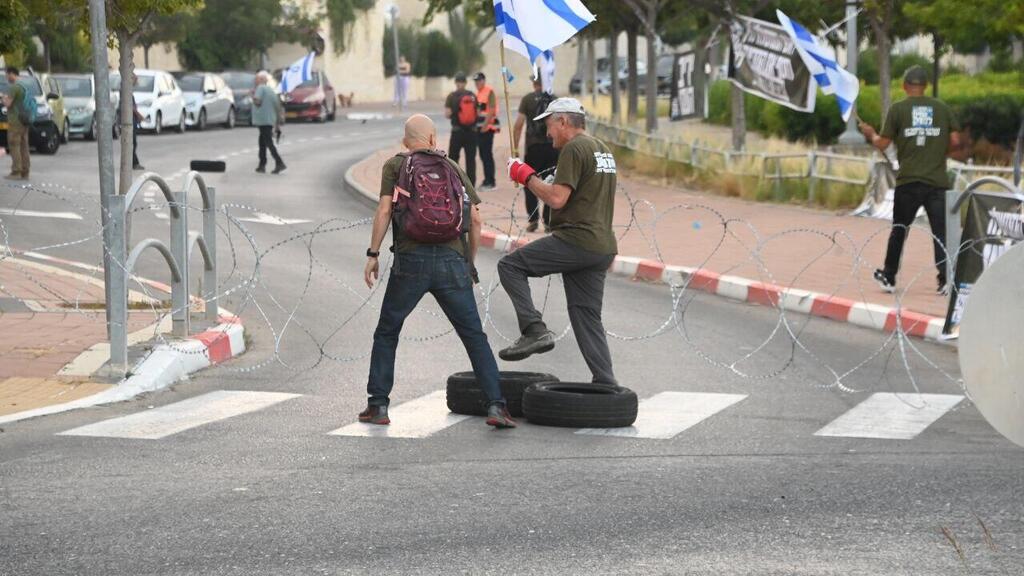

Protesters demonstrating in front of Justice Minister Yariv Levin's home
(Photo: Yair Sagi)
In a corrupt country, it may be the wealthy; in a country with a weak government, it may be organized criminal groups; and in a banana republic, it's the security agencies. Even in Israel, democracy suffers from a certain deficit due to excessive control exerted by unelected forces over public decision-making and the exaggerated influence of workers' unions.
However, those pale in comparison to what happened in Israel at the beginning of spring, when the government froze the overhaul's legislation due to threats from reservists within the military. A small group of servicemen managed to become a union that essentially subverted the democratic mechanism in a matter unrelated to the military.
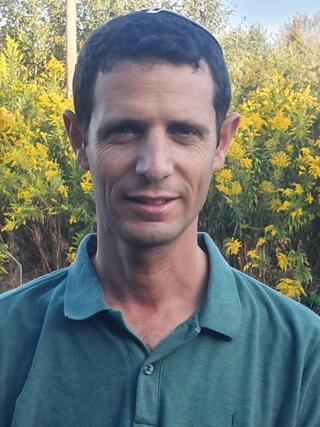 Ariel Erlich
Ariel ErlichThis very much resembles a military coup. The IDF chief of staff decided to contain and ignore it, and in the future, we'll have to deal with the consequences: refusal letters for every step and action, for every governmental or parliamentary move that doesn't please a self-important reservist.
Now is the time to rectify and clearly separate between military service and political activism. The IDF must accomplish this for the tens of thousands of true reservists from all walks of life who will continue to serve Israel's security with modesty. It owes this to Israeli democracy.
Ariel Erlich heads the department of litigation in the Kohelet Forum and an officer in the reserves
KNESSET TO VOTE ON REASONABLENESS STANDARD BILL


